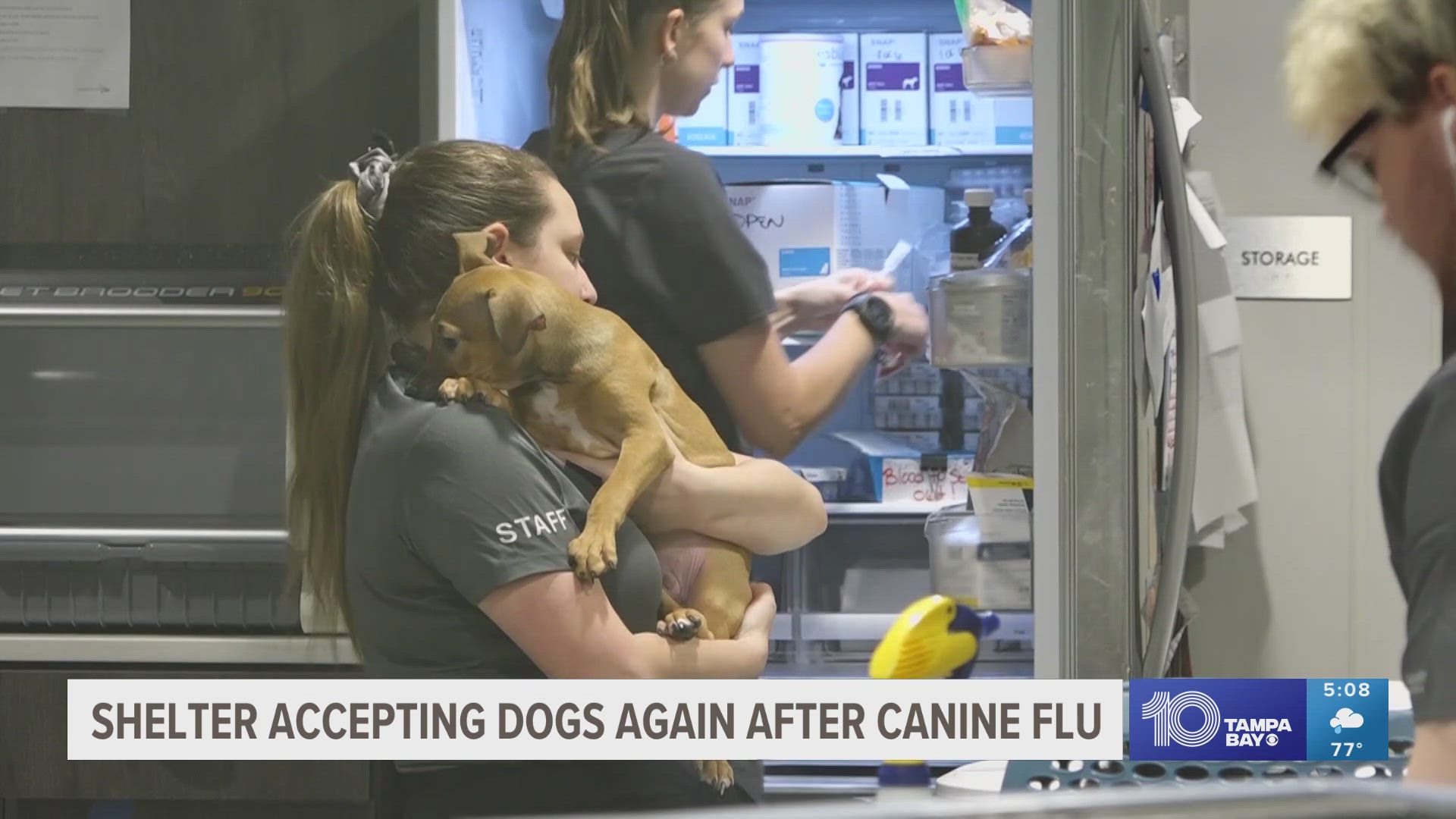If you've ever experienced the loss of a dog, it can be tough. Turns out, your surviving dog may feel it too.
A recent study revealed that dogs show signs of behavioral changes associated with separation stress when experiencing the loss of their canine counterpart.
A survey observed 426 Italian adults that had at least two dogs at the time of the death of a dog. The research aimed to highlight how dogs experience the loss of a "conspecific," or animal of the same species, by watching for changes in behavior.
The study notes that the ability to mourn has been suggested in many animals however there isn't much evidence to support the claims due to limitations.
As a result of the study, 86 percent of surviving dogs showed negative behavioral changes after their canine counterpart died.
Sixty-seven percent of owners reported an increase in attention-seeking, 57 percent said their dog was playing less, 46 percent noticed their activity level reduced, 35 percent reported their surviving dog was sleeping more, 35 percent also said fearfulness increased, 32 percent reported a loss of appetite and 30 percent said they noticed the surviving dog's vocalization increased.
Researchers took into account what type of relationships the dog housemates shared, including friendly, agonistic, mutual tolerance, parental based on both owner observation and genetic association.
The survey found that the surviving dog experienced a stronger behavioral change if it shared a friendly and parental relationship with the dog that died. But the owner's grief and anger can also impact negative behavioral changes. The time the two dogs knew each other did not impact the behaviors of the surviving dog.
In conclusion, the study suggests dogs who experience loss show signs of separation stress and grief-related behavioral and emotional patterns.
By conducting this study, pet owners and professionals can better recognize the emotional needs of the pet, however, the results still do not confirm that pets experience grief. More research is needed.



